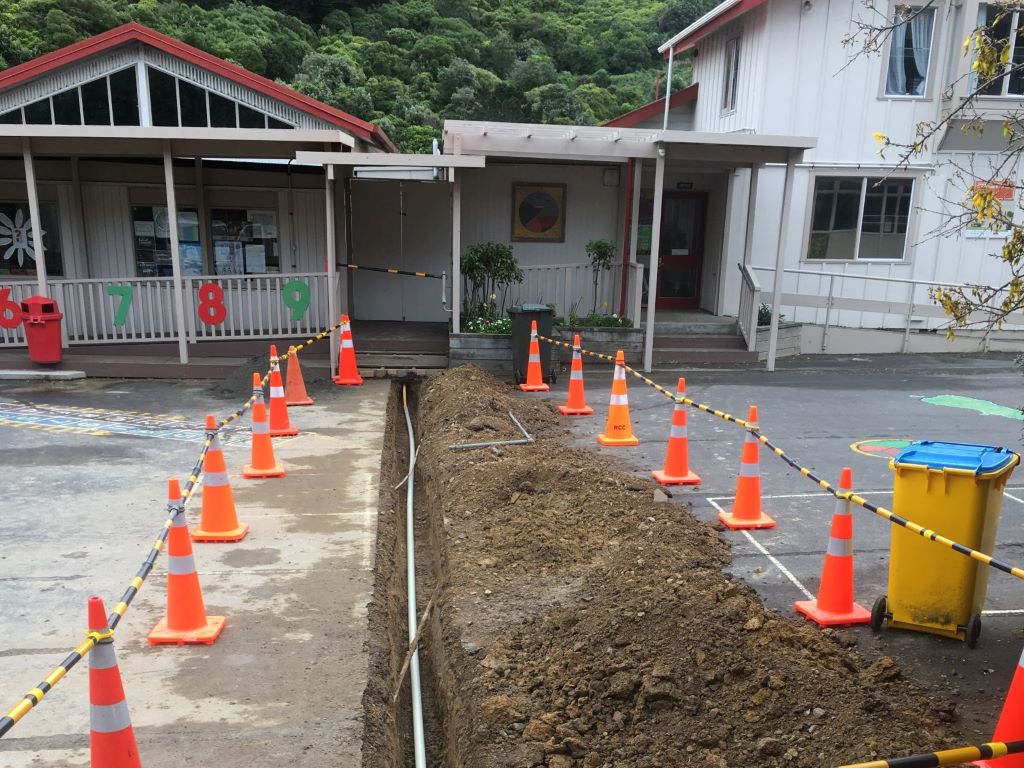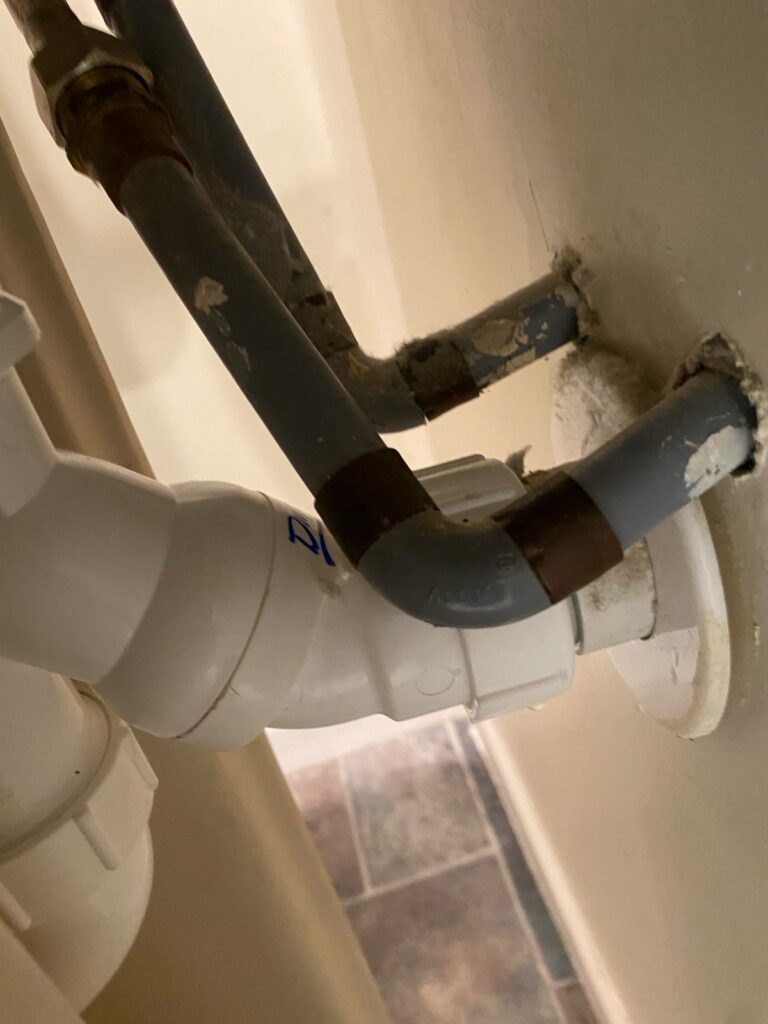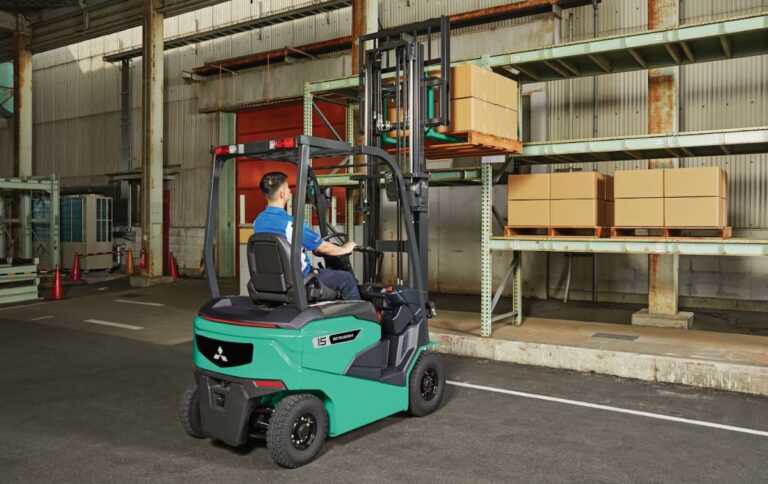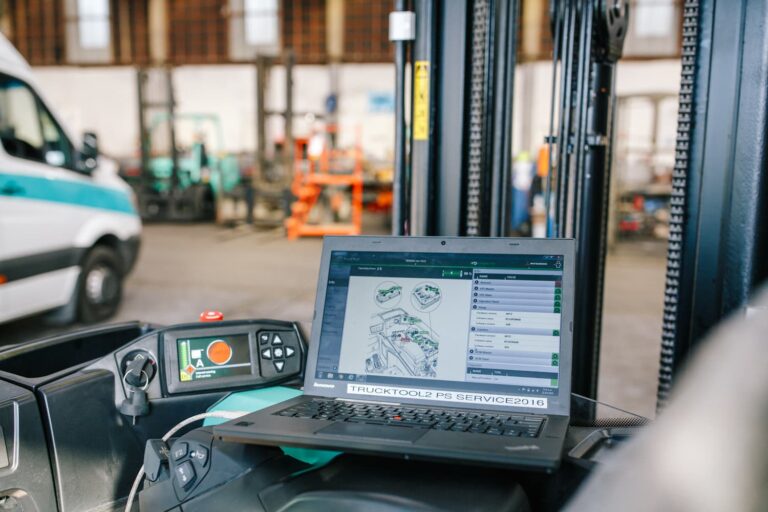Wellington is known for its unpredictable and often extreme weather conditions, with frequent rain and strong winds creating a challenging environment for homeowners and businesses alike.
The city’s hilly terrain, coastal exposure, and heavy downpours can quickly overwhelm stormwater systems, leading to issues such as localised flooding, water damage, and even structural deterioration of properties. Inadequate drainage management can cause costly repairs and contribute to environmental hazards such as soil erosion and pollution of waterways.
Proactively maintaining stormwater systems is essential in Wellington’s climate. Blocked drains, failing infrastructure, and poor water runoff management can result in serious damage to properties, roads, and local environments. By taking preventive measures, residents can reduce the risk of stormwater problems, ensuring that their properties remain safe and dry throughout the rainy seasons.
This article explores Wellington’s unique weather patterns, common stormwater drainage issues, and practical steps homeowners and businesses can take to mitigate potential damage.
Understanding Wellington’s Rainy Seasons
Wellington experiences high rainfall throughout the year, with peaks occurring during winter and early spring. The city’s position at the bottom of the North Island means it is regularly subjected to strong southerly winds, which can drive heavy rain inland and increase the strain on stormwater systems. Unlike some regions where rainfall is predictable, Wellington’s weather can change rapidly, resulting in sudden downpours that flood streets and overwhelm drainage infrastructure.
Wellington’s coastal exposure exacerbates drainage challenges. High winds carry debris, leaves, and dirt into gutters and drains, creating frequent blockages. Additionally, coastal properties are more susceptible to saltwater corrosion, which can deteriorate pipes and drainage components over time. The city’s steep landscape further complicates drainage, as water flows downhill rapidly, putting pressure on lower-lying areas and increasing the risk of erosion and flooding. Without effective stormwater management, both urban and suburban properties can suffer from waterlogged grounds, basement flooding, and structural damage.
Common Stormwater Drainage Issues in Wellington
Stormwater drainage issues in Wellington are a frequent concern, especially during peak rainfall months. One of the most common problems is blocked drains and gutters, which occur when leaves, dirt, and other debris accumulate in downpipes and stormwater systems. Blocked drains prevent proper water flow, leading to overflowing gutters, roof leaks, and even internal water damage.
Overloaded stormwater systems are another significant issue. Many older properties in Wellington were built with outdated drainage infrastructure that struggles to cope with modern water demands. As urbanisation increases, more surfaces are paved over, reducing natural absorption and placing greater strain on stormwater pipes and drains. During intense downpours, these systems can become overwhelmed, resulting in localised flooding that damages roads, footpaths, and properties.
Poor drainage design is particularly prevalent in older suburbs, where stormwater infrastructure may not have been built to accommodate extreme weather conditions. Many older homes have insufficient grading, causing water to pool around foundations and seep into basements. Additionally, tree roots can intrude into underground pipes, causing cracks, blockages, and collapses. Left unchecked, these issues can lead to costly repairs and extensive property damage.
Another common problem is erosion and runoff in hilly areas. With Wellington’s steep terrain, excessive rainwater can wash away soil, destabilising slopes and creating hazardous conditions. Properties built on or near hillsides require careful drainage planning to prevent landslides and structural weakening caused by uncontrolled water flow.

How to Prevent Stormwater Drainage Issues
Regular Gutter and Drain Maintenance
One of the most effective ways to prevent stormwater issues is by maintaining gutters and drains. Gutters should be cleaned at least twice a year—preferably before and after the rainy season—to remove leaves, dirt, and debris that could cause blockages. Homeowners should also check for signs of wear, such as rust or cracks, which could compromise the system’s effectiveness.
Stormwater drains need to be inspected and cleared regularly. During heavy rains, blockages can lead to overflow, causing water to spill onto driveways, footpaths, and into basements. Keeping drains free from obstructions ensures proper water flow and reduces the risk of localised flooding. Signs of a blocked system include slow drainage, gurgling noises, and water pooling around downpipes. Addressing these early can prevent more severe problems.
Installing and Maintaining Effective Drainage Systems
For properties prone to drainage issues, installing additional drainage solutions can be highly beneficial. French drains, soak pits, and channel drains help redirect excess water away from structures and into designated absorption areas. These systems are particularly useful in properties with clay-based soils, which do not naturally absorb water well.
Older properties may require drainage system upgrades. Larger-capacity stormwater pipes can handle increased rainfall and prevent flooding, while modern filtration systems help keep debris from clogging underground drains. Proper grading and landscaping also play a vital role in water management, as they help direct rainwater away from the foundation of a property rather than allowing it to pool.
Preventing Flooding on Driveways and Lawns
Water pooling on driveways and lawns is a common issue in Wellington, particularly after prolonged rain. Using permeable paving materials can reduce runoff by allowing water to absorb into the ground instead of accumulating on the surface. Installing rain gardens and swales can also help manage excess water by directing it into designated areas where it can be absorbed naturally.
Identifying and addressing puddle-prone areas in a yard or driveway can significantly improve stormwater management. If certain areas consistently hold water, they may require additional drainage, such as gravel beds or surface drains, to ensure proper flow and absorption.
Protecting Underground Pipes from Damage
Tree roots are a major cause of underground pipe damage. Over time, roots seek out moisture and can break through stormwater pipes, causing blockages and collapses. Regular CCTV drain inspections can detect early signs of root intrusion, allowing for timely intervention before the damage becomes severe.
Broken or collapsed drainpipes can lead to persistent flooding and drainage failures. Warning signs include foul odours, sinkholes, and unusually wet areas around the property. If these issues arise, professional assessment and repair are necessary to restore proper drainage function.
The Role of Sump Pumps and Backflow Prevention
In flood-prone areas, sump pumps can be a valuable tool for managing excess water. These devices help prevent basement flooding by pumping out water that accumulates in lower areas of a property. Installing backflow prevention devices is another effective measure, as it prevents stormwater from backing up into homes during heavy rains.
Both homeowners and businesses should consider investing in flood mitigation measures, especially if their properties are in areas prone to excessive runoff. Proactive planning can save thousands in repair costs and reduce the stress associated with storm damage.
When to Call a Professional Plumber in Wellington
While regular maintenance can prevent many stormwater issues, there are times when professional assistance is necessary. If a drain remains blocked despite cleaning efforts, it may indicate a deeper issue that requires specialised tools to resolve. Water backing up into homes, persistent flooding, or unexplained water pooling should also be assessed by an experienced plumber.
DIY drain clearing can sometimes make issues worse, especially if improper tools are used. A professional plumber has the expertise and equipment to diagnose and fix stormwater problems efficiently. When choosing a drainage specialist, look for one with experience in Wellington’s unique climate and terrain to ensure effective, long-term solutions.
Wrapping Up
Preventing stormwater drainage issues in Wellington requires regular maintenance, proper drainage installations, and proactive planning. By keeping gutters and drains clear, investing in effective drainage solutions, and addressing issues before they escalate, homeowners and businesses can protect their properties from costly damage. With Wellington’s unpredictable weather, taking action before the rainy season is crucial. For those experiencing persistent drainage issues, seeking professional help is the best way to ensure a long-term solution.
Get your business noticed by creating an online directory listing. Listings are FREE and you can create as many as you need.
- Get found by locals


